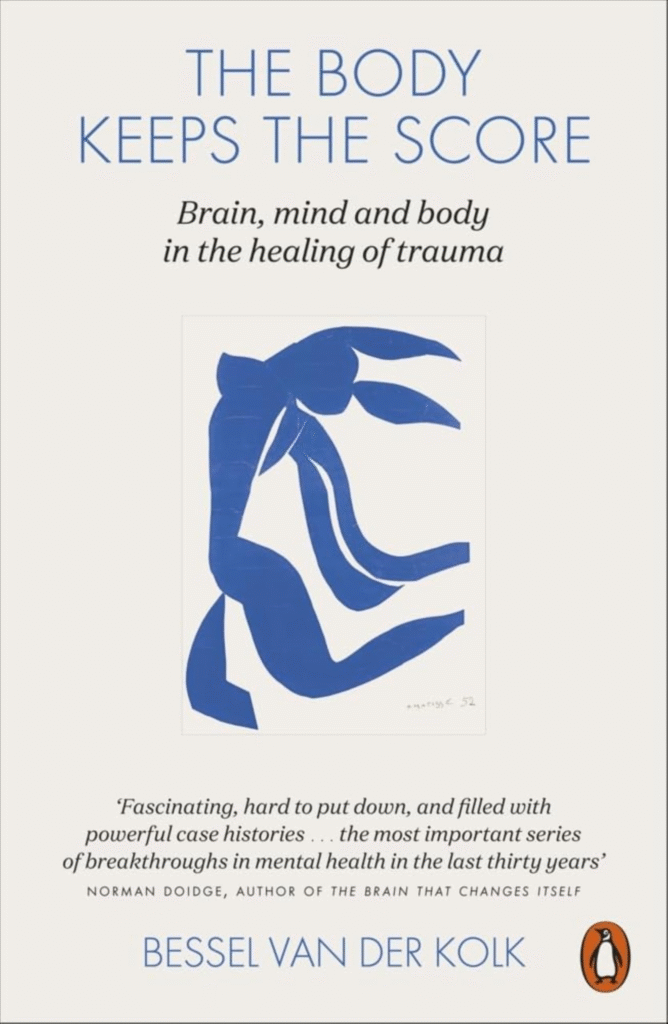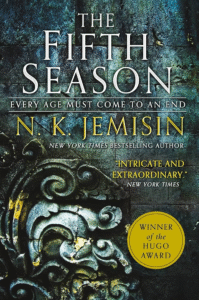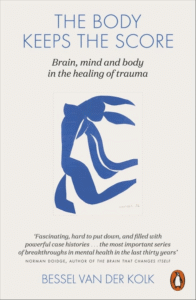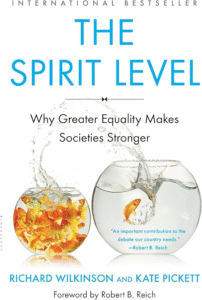The Unspoken Language of Pain: How “The Body Keeps the Score” Transforms Our Understanding of Trauma

Bessel van der Kolk’s seminal work, The Body Keeps the Score: Brain, Mind, and Body in the Healing of Trauma, is more than just a book; it is a paradigm shift in our understanding of psychological suffering. Moving beyond a purely cognitive or psychodynamic framework, van der Kolk meticulously builds a case for trauma as a physiological phenomenon, deeply imprinted on the brain and body. By illuminating the intricate interplay between neuroscience, developmental psychology, and clinical practice, the book offers a profoundly hopeful, albeit challenging, vision for healing, asserting that true recovery necessitates engaging with the unspoken language of pain that the body holds.
Trauma as a Physiological Phenomenon
At the heart of van der Kolk’s argument is the radical notion that trauma is not merely a memory but a felt experience, often disconnected from conscious narrative. He demonstrates how overwhelming events, particularly those occurring in childhood, can disrupt the brain’s ability to process and integrate sensory information. The limbic system, the seat of emotions and survival instincts, becomes hyper-reactive, while the prefrontal cortex, responsible for executive functions and self-regulation, can go “offline.” This neurological hijacking explains why traumatized individuals often experience a fragmented sense of self, struggle with emotional regulation, and find themselves trapped in perpetual states of fight, flight, freeze, or fawn, even long after the threat has passed. The body, unable to forget, continues to react as if the danger is still present, manifesting symptoms ranging from chronic pain and digestive issues to autoimmune disorders and dissociative states.
Beyond Traditional Talk Therapy: Engaging the Body in Healing
Crucially, van der Kolk challenges the traditional reliance on talk therapy alone for trauma recovery. While acknowledging the importance of narrative and insight, he emphasizes that the body’s story must also be heard and responded to. He introduces readers to a diverse range of therapeutic modalities that prioritize bodily awareness and sensory integration, including Eye Movement Desensitization and Reprocessing (EMDR), yoga, neurofeedback, theater, and martial arts. These approaches are not merely complementary; they are often essential for reaching the deep, non-verbal imprints of trauma. By engaging the nervous system directly, these methods help individuals reclaim a sense of safety within their own bodies, fostering the capacity for self-regulation and reconnecting with the present moment. Van der Kolk illustrates how these techniques empower survivors to move from a state of constant alarm to one of grounded presence, gradually integrating their fragmented experiences into a coherent sense of self.
Societal Implications of Trauma-Informed Approaches
Beyond the individual, The Body Keeps the Score carries profound implications for society at large. Van der Kolk argues for a trauma-informed approach across all institutions, from schools and healthcare systems to the justice system. Recognizing that many societal problems, including addiction, violence, and chronic illness, are deeply rooted in unresolved trauma, he advocates for interventions that prioritize safety, connection, and empowerment. By shifting from a punitive to a compassionate lens, we can begin to address the underlying wounds that drive destructive behaviors and foster environments conducive to healing and resilience.
Conclusion: The Path to Integration and Hope
In conclusion, The Body Keeps the Score is a tour de force that transcends the boundaries of clinical psychology, offering a holistic and deeply empathetic understanding of trauma. Bessel van der Kolk has not only provided a comprehensive scientific framework for comprehending the pervasive impact of overwhelming stress but has also illuminated a path towards genuine healing. By compelling us to listen to the silent screams and tremors of the body, he reminds us that recovery is not about forgetting the past, but about integrating its lessons, reclaiming agency, and ultimately, finding a way to live fully in the present. The body does indeed keep the score, but with awareness, compassion, and the right tools, it can also become a conduit for profound transformation and renewed hope.




















